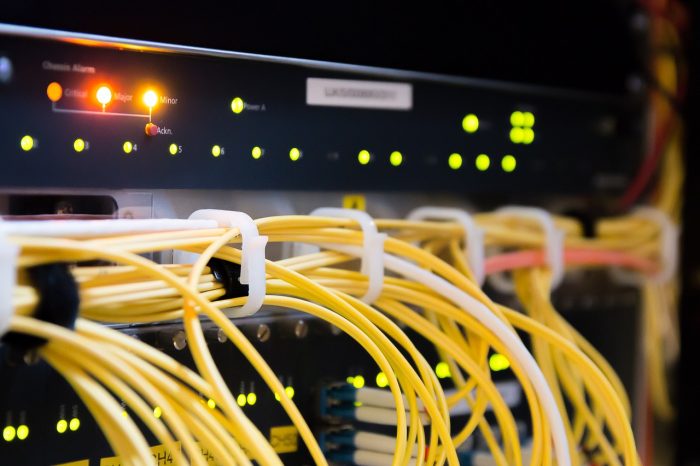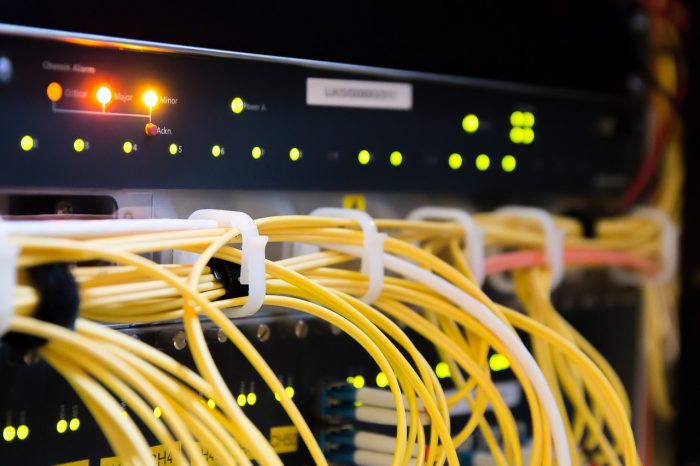As a global financial centre, broadband access is taken very seriously in Singapore - and outages can be dealt with harshly by the government regulator.
A fibre broadband service disruption that occurred late last year impacted approximately 90% of Singtel's SingNet fibre broadband subscribers (around 490,000 people), and lasted nearly 24 hours.

Image: jarmoluk
The company no doubt copped an earful (and inboxful) for some time after services were eventually restored, but the punishment didn't stop there.
Early this week, Singapore's Infocomm Media Development Authority (IMDA), which regulates the city-state's converging infocomm and media sectors, imposed a financial penalty of $500,000 (~AUD $469,500) on SingNet for breaching the Code of Practice for Telecommunication Service Resiliency 2016.
IMDA says its investigation into the event revealed the service disruption was sparked by planned maintenance by SingNet on its Dynamic Host Control Protocol (DHCP) servers, but there were warning signs leading up to the incident.
"Specifically, the utilisation rate of SingNet’s DHCP servers had been steadily increasing and were running at 80-90% levels even before the incident," says part of an official statement from IMDA. "In view of the high utilisation levels, SingNet should have exercised greater due diligence and caution when planning the installation of security patches for its DHCP servers to prevent the overload."
The penalty was hefty, but not as high as it could have been. The maximum penalty for breaches of the Code is SGD $1 million or 10% of the annual turnover of a licensee, whichever is higher.
It's not the first time SingTel has felt the wrath of the regulator. In 2012, a penalty of $300,000 was levied on SingTel for disruption of the company's “mio Voice” services on 28 and 29 October and 4 November 2011.
Singaporeans set the bar high for broadband, and internet speeds in the city-state are among the world's fastest. Akamai’s State Of The Internet Q1 2017 Report ranked Singapore at no.6 for average connection speeds (20.3 Mbps). Singapore also claimed the title of highest peak connection speed for that period at 184.5 Mbps.
Statistics for June indicate there are 13,061,300 internet subscriptions in Singapore, with the bulk of these being wireless broadband (including mobile). The wireless broadband penetration rate is was 206.7% and the residential wired broadband household penetration rate was just over 94%.



